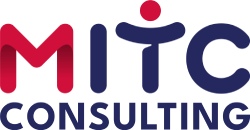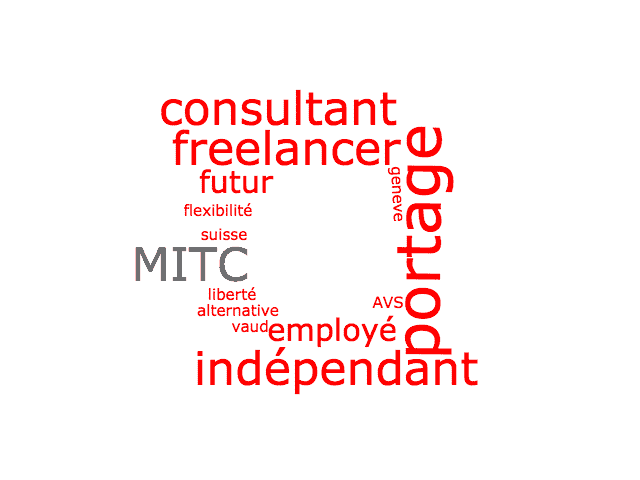Setting up your own business can be both a dream and a frightening prospect. On the one hand, independence and flexibility; on the other, increased risk and an administrative nightmare. Even if there is no such thing as zero risk, it is nevertheless possible to reduce it and at the same time greatly simplify administrative procedures by using the services of a wage portage (portage salarial) company as an alternative to self-employed status.
We described what wage portage is in another article, but what exactly are the differences with the self-employed status under the OASI (AVS)?
Say goodbye to the administrative hurdles of getting the self-employed status
Let’s take the example of a consultant who has one or more clients (companies to which the consultant provides services). The first difference is the speed with which a relationship can be established under the wage portage scheme. Once the terms have been negotiated with the client, the contracts between the consultant and the wage portage company, and between the wage portage company and the client, can be signed within a few days. The consultant becomes an employee of the wage portage company (fixed-term or open-ended contract), with all the benefits that go with employee status. On the other hand, applying for self-employed status can take several weeks, with no guarantee of success. Self-employed status must be recognised by the compensation fund office, which reserves the right to refuse it if it considers that the conditions have not been met. An additional risk on top of the potential loss of time.
What’s more, freelance consultants don’t have to worry about accident insurance or occupational pension cover (LPP). These elements are automatically taken care of by the wage portage company. There are no accounts to keep, and no tax or social security returns to file, so you can spend more time with your customers and less time on paperwork.
Having a single customer
To become self-employed in Switzerland, you generally need to have three clients when you start your business. Wage portage, on the other hand, allows for several scenarios:
- a gradual start. It’s possible for someone to start with just one client, for a few hours a week, while they look for other clients
- dedication to a single client. You don’t have to juggle your way through three assignments at the same time. Another important advantage is that it is possible to accept full-time missions. This way of working, which is very common among consultants and freelancers, cannot be adopted as a self-employed person.
Unemployment insurance and the self-employement
Another important advantage is the relationship with unemployment insurance. A consultant under wage portage is legally an employee of the wage portage company. He is therefore entitled to unemployment benefits once his contract has ended. This is important because it drastically reduces the risk for consultants who want to set up on their own.
In addition, it is possible to generate intermediate earnings as an employee of a wage portage company. The solution is therefore optimal for someone who is unemployed, multiplying their chances of returning to the labour market without giving up their right to unemployment. This simplifies cooperation with companies that would like to hire but for various internal reasons (e.g. hiring freeze) cannot do so under an employee contract.
Self-employement and work permits
Wage portage can also help cross-border workers from France or other European countries who have found a job in Switzerland but do not have a work permit. Obtaining self-employed status in these conditions may prove impossible. Being an employee of a wage portage company solves this problem, as the company can apply for the consultant’s permit. This creates new job opportunities in the canton of Geneva, Vaud and the rest of Switzerland.
Would you like to know more? Don’t hesitate to contact us for a free consultation.




